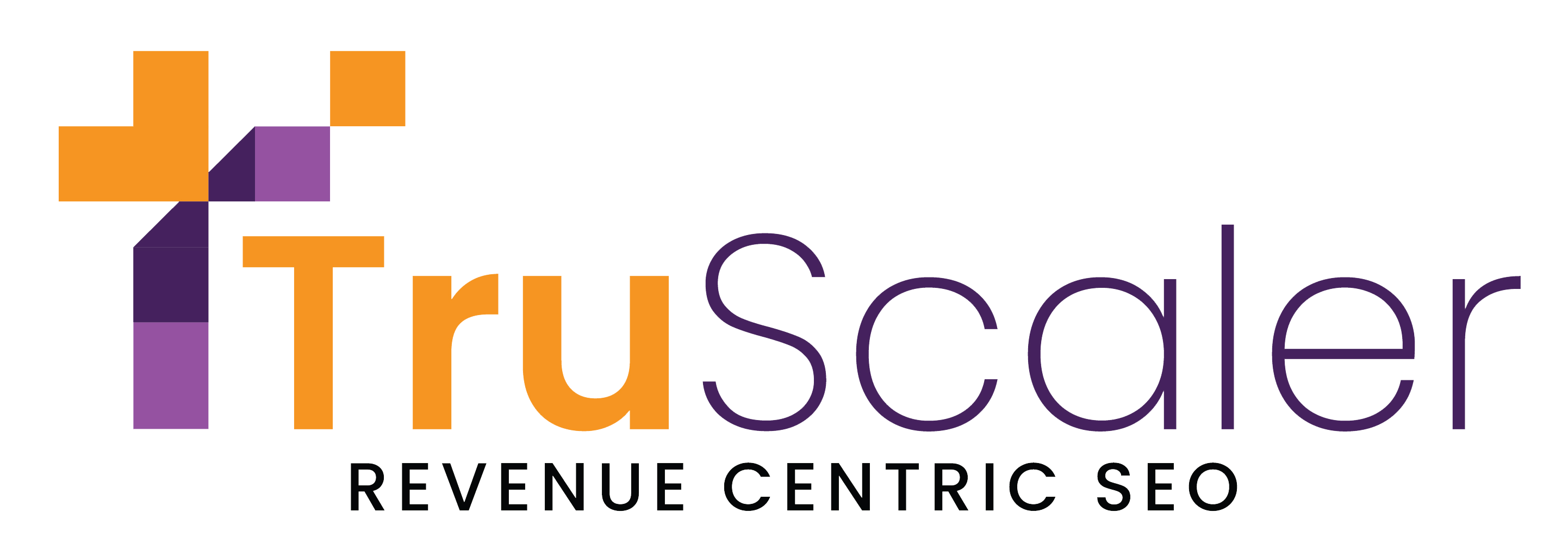As SEO evolves, the debate between AI-generated content and human-created content continues to intensify. Both approaches bring unique advantages to the table, but their effectiveness depends on key factors and a well-planned content strategy. Quality and relevance remain critical, as search engines prioritize content that answers user intent. User experience plays a central role, demanding content that is engaging and easy to navigate. While humans excel in expertise and authority, AI tools are rapidly advancing, offering scalable solutions. Adherence to guidelines ensures compliance with search algorithms, while the evolution of AI technology suggests a future where collaboration between human creativity and AI precision becomes essential.
Quality and Relevance:
The primary concern for search engines like Google is the quality and relevance of content. Human-created content often benefits from unique insights, creativity, and storytelling abilities that can resonate with audiences on a deeper level. However, AI-generated content has the advantage of scalability and consistency, enabling the rapid creation of large volumes of content on diverse topics.
User Experience:
User experience plays a crucial role in determining the value of content. Human-created content may offer a more personalized touch, conveying authenticity and emotional resonance that can foster a stronger connection with readers. On the other hand, AI-generated content can be tailored to meet specific user needs, providing concise and relevant information quickly.
Expertise and Authority:
Content created by subject matter experts or experienced writers often carries inherent authority and credibility. Human-created content may draw upon firsthand experiences, research, and industry insights, establishing the author’s expertise in the field. AI-generated content, while informative and well-structured, may lack the nuanced understanding and depth that human expertise brings.
Adherence to Guidelines:
Search engines like Google have guidelines in place to ensure that content meets certain standards of quality, relevance, and user experience. Both AI-generated and human-created content are subject to these guidelines, and their compliance is essential for favorable search engine rankings. Content produced by AI must adhere to these guidelines to be considered quality content by search engines.
Evolution of AI Technology:
AI technology, particularly in the realm of Natural Language Processing (NLP), continues to advance rapidly. Modern AI models like ChatGPT are capable of generating human-like text that is contextually relevant and grammatically correct. As AI technology evolves, the line between AI-generated and human-created content may become increasingly blurred, posing challenges for search engines in evaluating content quality.
Quality Content Regardless of Source:
Ultimately, the source of content—whether AI-generated or human-created—is not inherently indicative of its quality. What matters most is whether the content meets the needs and expectations of its intended audience. Search engines like Google aim to deliver the most relevant and useful content to users, regardless of its origin.
Content produced using AI, such as ChatGPT, can indeed be quality content if it satisfies the criteria of relevance, accuracy, clarity, and value to the user. As AI technology continues to evolve and improve, it has the potential to complement human creativity and expertise in content creation, offering new possibilities for delivering valuable information and experiences to audiences worldwide.

